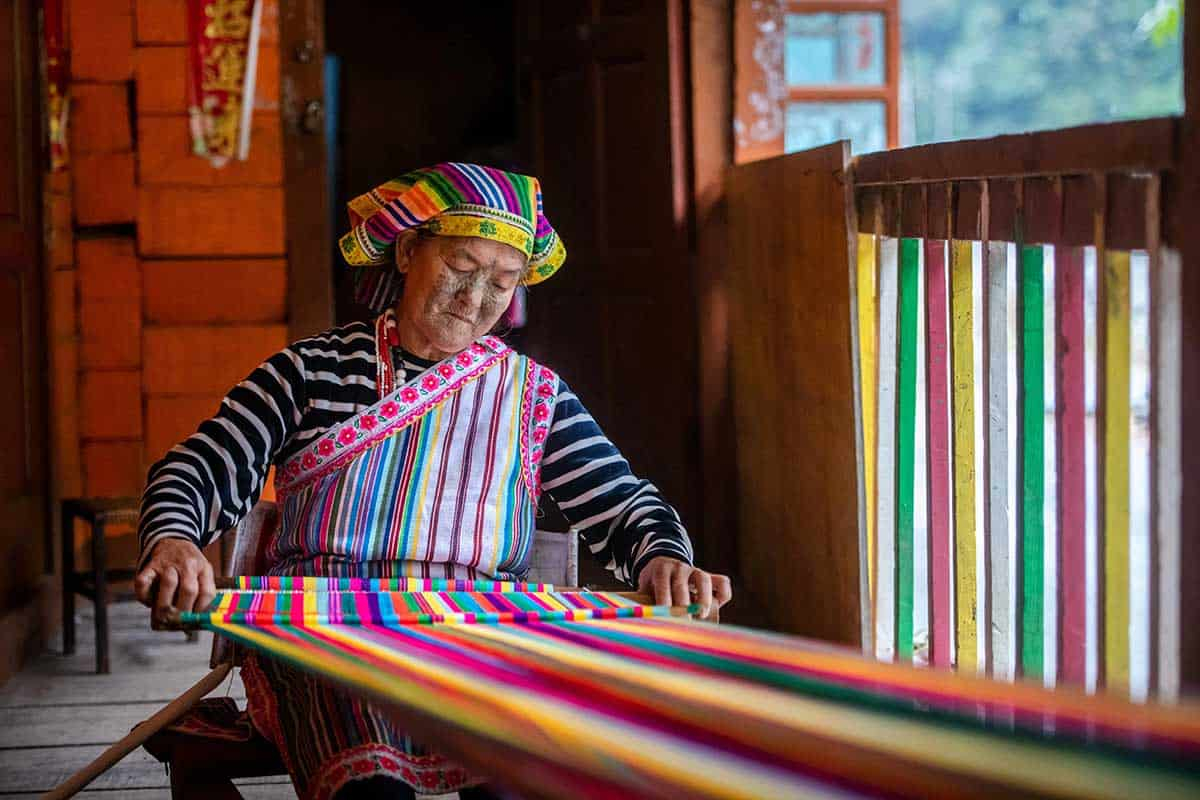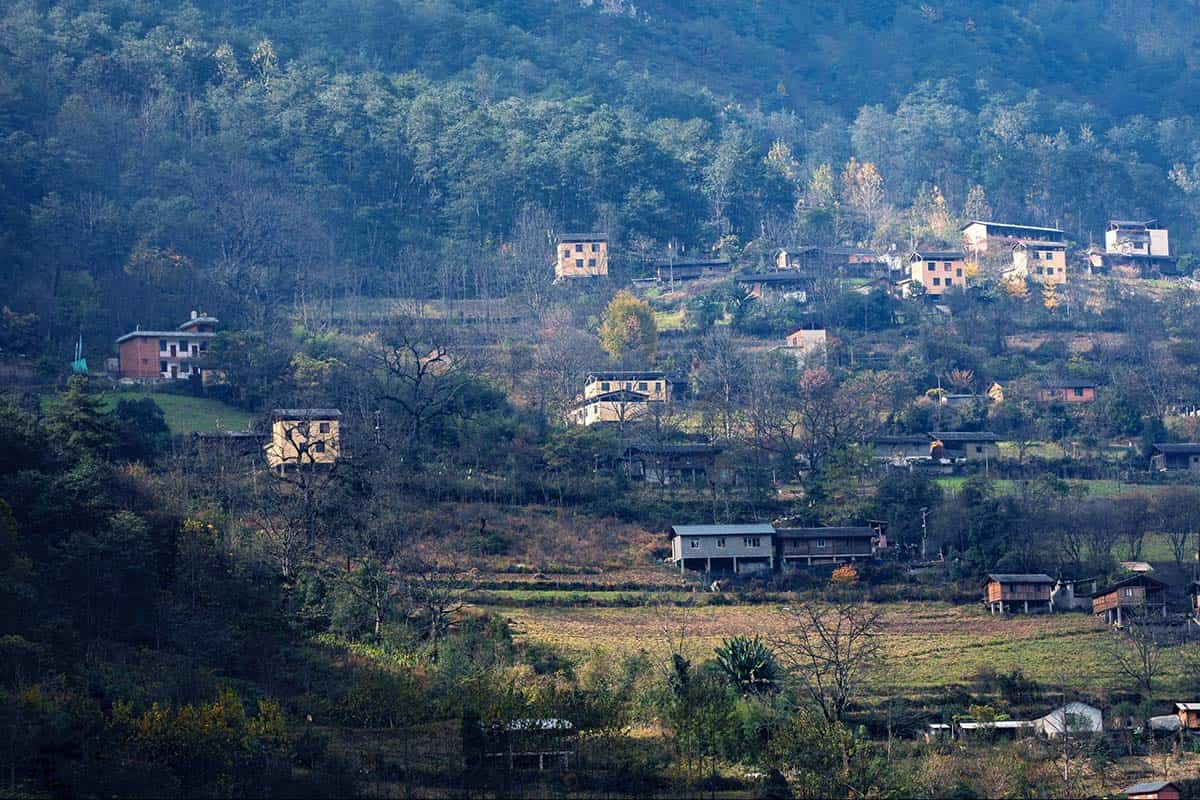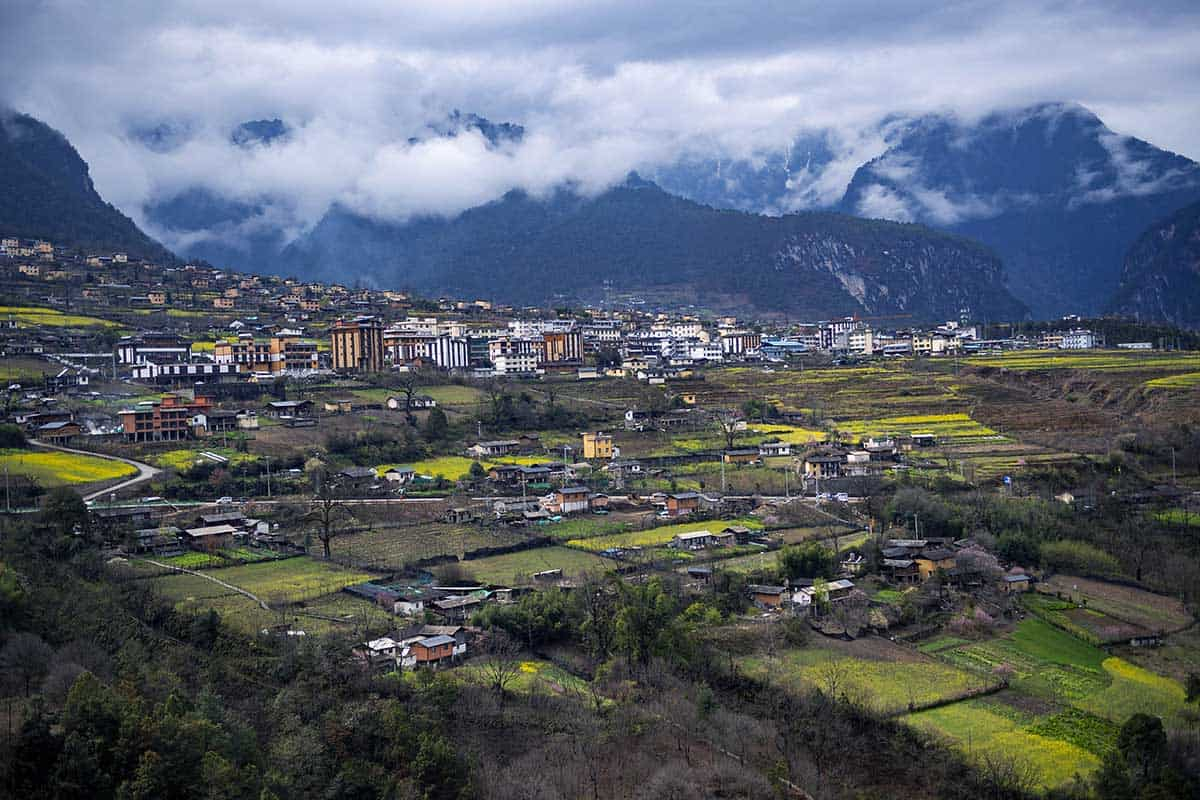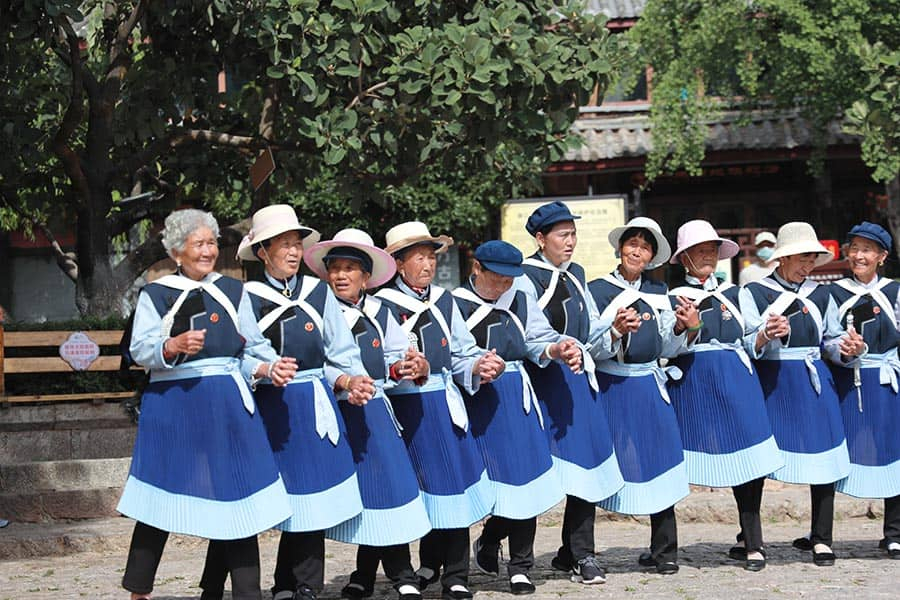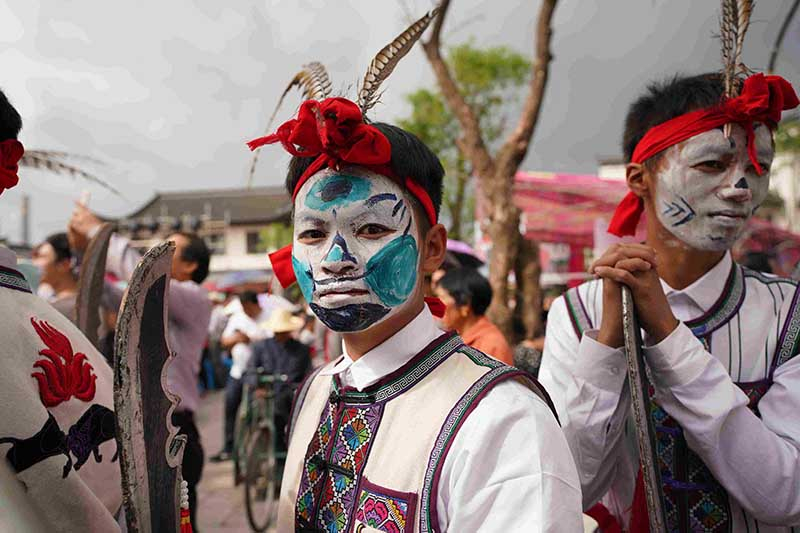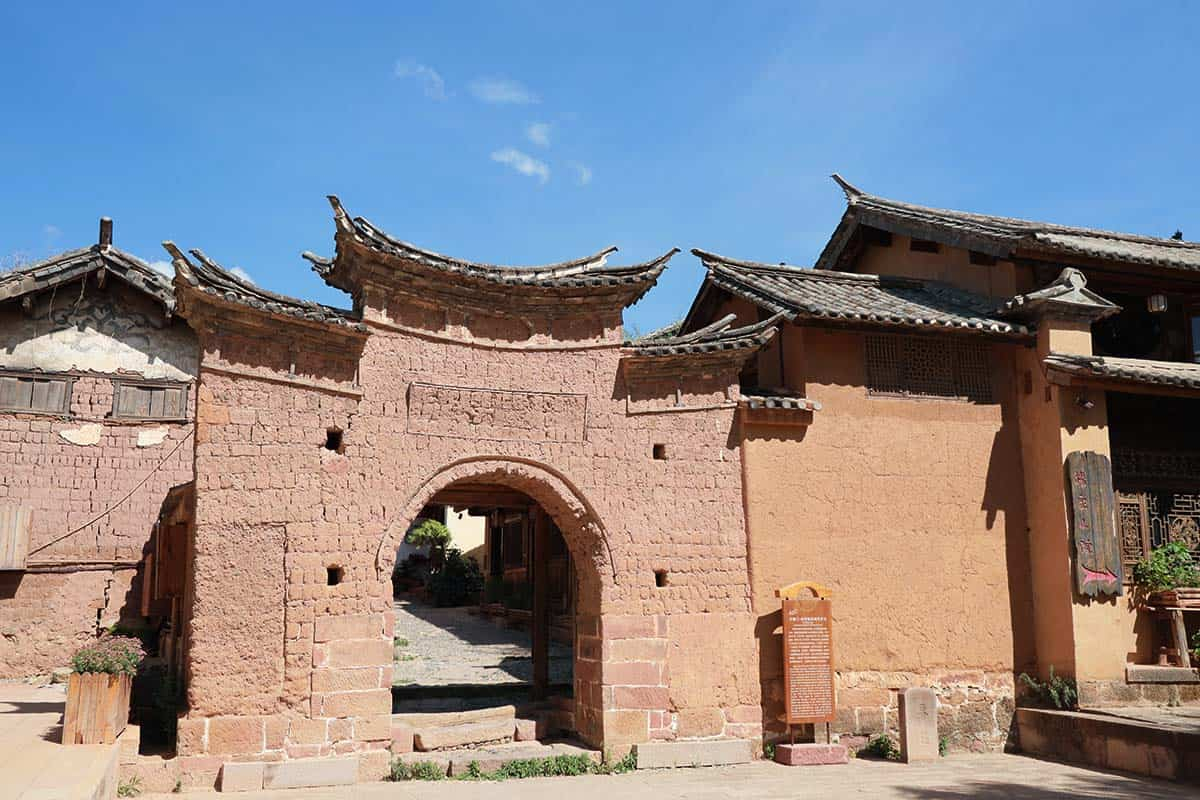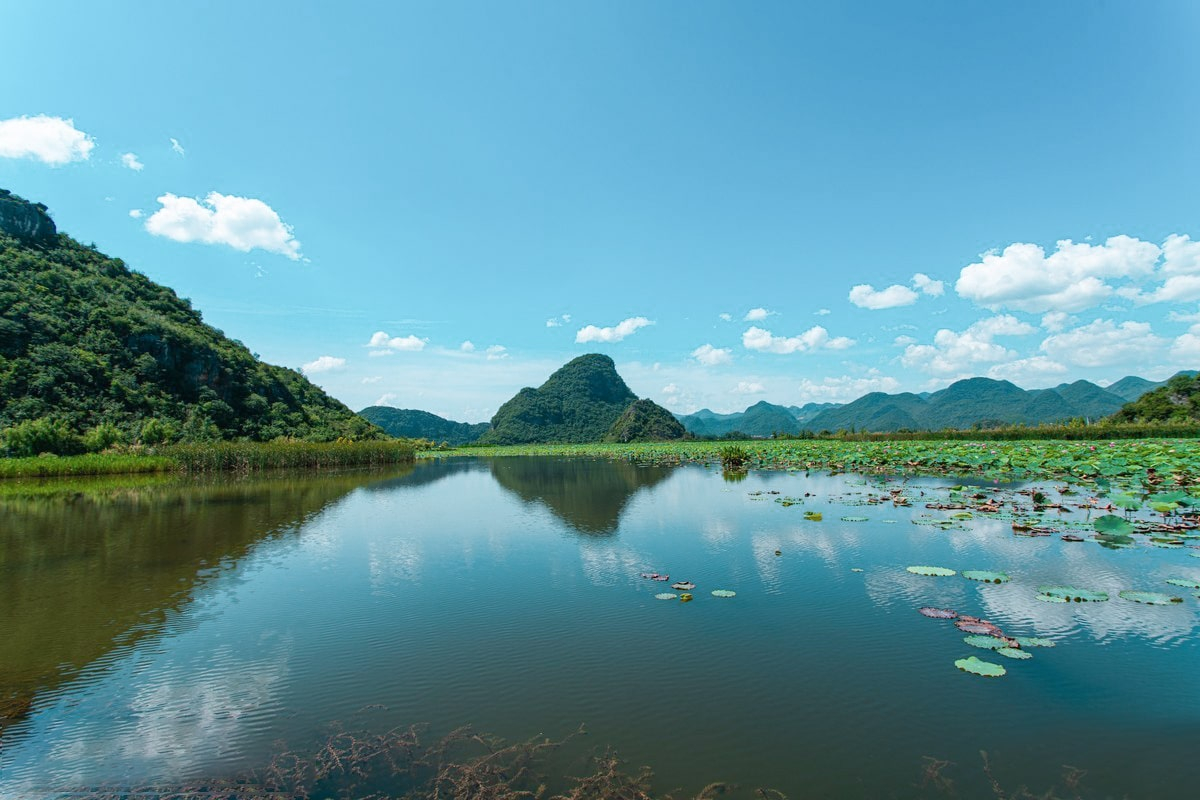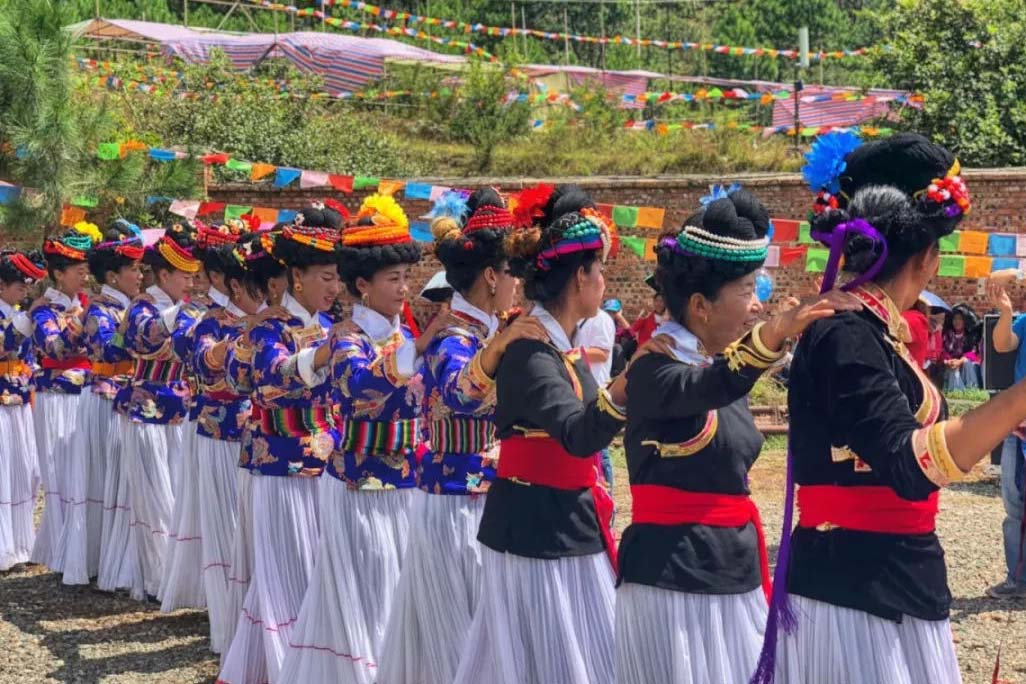Yunan Yuxi Travel Guide

Yuxi is a prefecture level city located in the central part of Yunnan Province. It covers an area of about 15,000 square kilometers and has jurisdiction over 2 districts and 7 counties with a permanent population of about 2,25 million.
Yuxi is the hometown of Nie Er(Chinese musician, composer of the national anthem of the People's Republic of China, "March of the Volunteers"), the hometown of Yunnan Cigarette, the hometown of lanterns and the plateau water town. Located in the hinterland of central Yunnan, Yuxi is an important transportation hub connecting outside Yunnan province with South Asia and Southeast Asia, and an important copper producing area in Yunnan. There are Maotian Mountain paleontological culture, ancient Yunnan culture and plateau water town culture and Ailao Mountain Red River Valley ethnic culture, four 4A level tourist attractions, two 3A level tourist attractions and eleven 2A level tourist attractions.
Yuxi is named after the Yuxi River, which means pure flow as clear as jade. It has a history of more than 2,300 years.
● Top things to do in Yuxi
Xinping Ailao Mountain Longxi Family Manor is located at the White Tiger Jump Cliff in Ailao Mountain main peak section, 36 kilometers from Kaisa Town and 108 kilometers from Xinping County. It is the homestead of the last generation of the chieftain sealed by Emperor Qianlong of the Qing Dynasty(1711-1799).
Fuxian Lake is the largest water storage lake, the largest plateau deep water lake and the second deep fresh water lake in China. It belongs to Nanpan River system. The lake plane is in the shape of a gourd from south to north, and the runoff area of the basin is 1,053 square kilometers. Scenery of Fuxian Lake is beautiful and unique.
Chengjiang biota is located near Maotian Mountain, Chengjiang. It is a well preserved paleontological group of early Cambrian in Yunnan Province, which is formed in the yellowish green silty shale of the Lower Cambrian Qiongzhusi Formation. It vividly recreates the magnificent landscape of marine life and the original features of living animals 530 million years ago, provides valuable evidence for the study of the origin, evolution and ecology of life on the early Earth lasting 53.7 million years. The study and discovery of Chengjiang biota not only provides scientific facts for the nonlinear sudden evolution of Cambrian life explosion, but also poses a great challenge to Darwin's theory of gradual evolution.
● Yuxi Food&Drinks
Fuxian Lake copper pot fish: The soup is fresh and rich in nutrition. Copper pot fish is a must-order delicacy for Yuxi people when they visit Fuxian Lake.
Green pine roast duck is similar to the Beijing roast duck, but it has its own characteristics. The pine needles have a clear fragrance and the roasted duck with them has a tangy aroma, and it tastes even better when dipped in a sweet and sour sauce.
Braised rice in a copper pot, also known as potato rice, is a specialty of Fuxian Lake. Peel fresh potatoes and cut them into small pieces. Deep fry them until they are done. Then put in the soaked rice and braise it with water and pork. Golden crisp potato in the rice, delicious.
Wild mushroom hot pot is a characteristic food of Yunnan, using more than 7 kinds of wild mushroom dry slices, boil with pig bone, this soup base is rich in flavor, with calcium supplement health care role.
Rose cold cake is a special snack in Tonghai County. It is made of glutinous rice and is soft and sweet. It is one of the must-try delicacies in spring and summer.
● Yuxi Transportation
Railway: There are bullet trains to Kunming and Zhengzhou, fast train to Beijing.
Highway: There are 10 expressways to Kunming and other places in Yunnan Province.
● Yuxi Weather
Yuxi city is located in the low latitude plateau area, belongs to the subtropical monsoon climate. The climate changes with the complex terrain and the comprehensive influence of the warm and wet and dry airflow in the Indian Ocean and Beibu Gulf. It has the characteristics of dry seasons in winter and spring, rainy seasons in summer and autumn and diverse climate changes, mild and humid. The annual average temperature is 15.4-24.2℃, the highest 32.2℃, the lowest -3℃; The annual average precipitation is 787.8-1000mm, mostly concentrated in June to October, especially in The rainy season from May to October, heavy rain mostly concentrated in June to August, small range, strong "single point rain" frequent occurrence.
The average annual evaporation is 1,801mm. Frosts occur from January to March, with occasional snowfall. Because of the complex terrain and the large elevation difference, the general mountainous area has more rainfall and lower temperature than the flat area. From the top of the mountain to the bottom of the valley, the annual and diurnal temperature differences were also significant.
- HOTEST
- RECOMMEND
